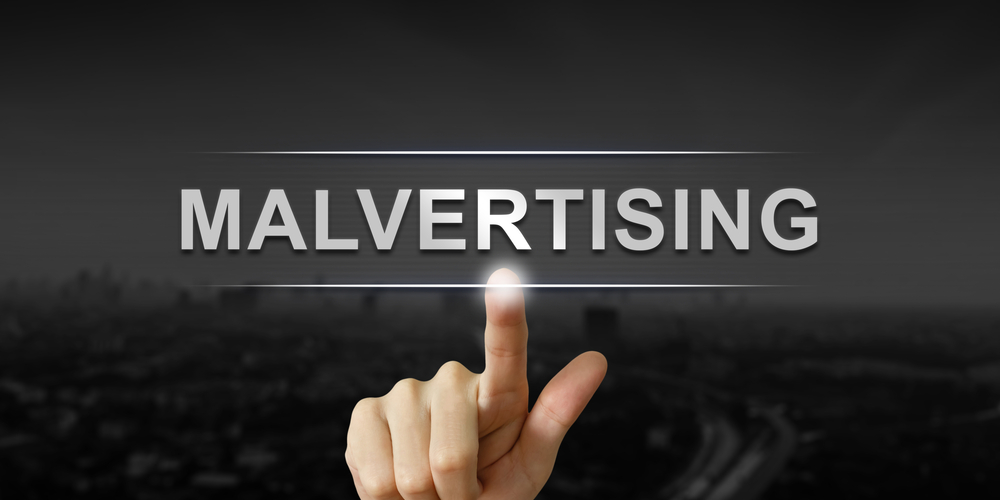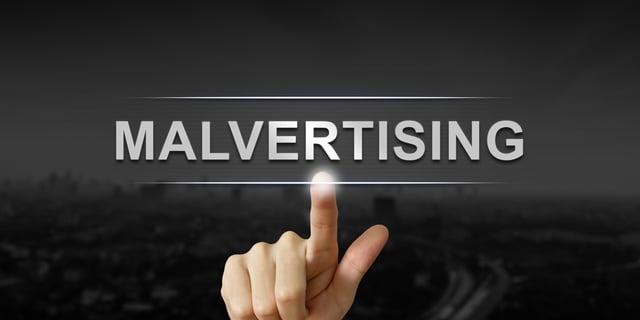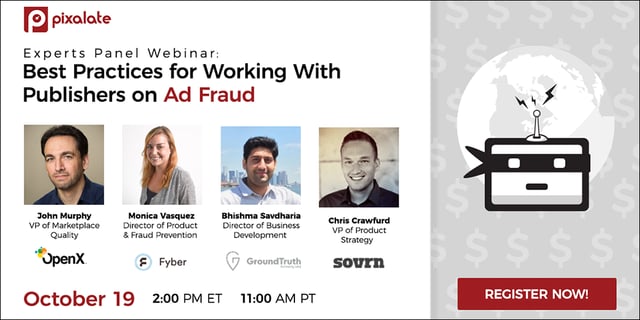
This week's review of ad fraud and quality in the digital advertising space.

"Three of the big industry trade groups representing the digital advertising ecosystem are hoping to gain support for a 'self-regulatory' program for the digital advertising industry to protect itself from the rise of ad blockers and rogue actions of the likes of Apple," reported Marketing Land. "The 4As, ANA and IAB have asked the Coalition for Better Ads (CBA) ... to adopt 'The Better Ads Experience Program,'" the article reads. "The Better Ads Standards set forth by the Coalition for Better Ads aim to address the worst aspects of digital advertising in order to stem the tide of ad blockers."

The Guardian has reported that "[m]illions of Pornhub users were targeted with a malvertising attack that sought to trick them into installing malware on their PCs," citing Proofpoint. "By the time the attack was uncovered, it had been active 'for more than a year,' Proofpoint said, having already 'exposed millions of potential victims in the US, Canada, the UK, and Australia' to malware by pretending to be software updates to popular browsers."

ExchangeWire has reported on an iotec survey which found that 41% of marketers are intimidated by mobile programmatic. Additionally, "[r]espondents said that the top three transparency concerns within the industry are fraud (33%), viewability (29%), and targeting (22%)," wrote ExchangeWire.

Ars Technica notes that "Benign iOS prompts are indistinguishable from those generated by malicious apps," citing work done by mobile app developer Felix Krause. "The root of the problem is that many of Apple's official password prompts are indistinguishable from ones generated by apps," wrote Ars Technica. "Most users respond by blindly trusting their password with either one."
The article continued: "In the meantime, iOS users can protect themselves by doing the following when they encounter a password popup: hit the home button. If the app and password prompt close, the prompt was likely a phishing attempt. If the dialog and app remain visible, the dialog was generated by iOS. Krause also suggested never entering passwords into any dialog box. Instead, we should dismiss it, manually open the iOS settings window, and enter the password there."

Pixalate has announced an upcoming webinar panel focused on ad fraud and best practices for working with publishers on quality. Panelists include experts from OpenX, Fyber, GrondTruth, Sovrn, and Pixalate. These experts will share common ad fraud issues they've faced along with unique ways they've overcome these challenges. They will also share what they're doing at an organizational level to reduce fraud and answer the most frequently-asked questions about ad quality. Reserve your spot today.
Sign up for our blog to stay updated with new stats, trends, and analysis on digital ad fraud.
*By entering your email address and clicking Subscribe, you are agreeing to our Terms of Use and Privacy Policy.
These Stories on Weekly Recaps
*By entering your email address and clicking Subscribe, you are agreeing to our Terms of Use and Privacy Policy.

Disclaimer: The content of this page reflects Pixalate’s opinions with respect to the factors that Pixalate believes can be useful to the digital media industry. Any proprietary data shared is grounded in Pixalate’s proprietary technology and analytics, which Pixalate is continuously evaluating and updating. Any references to outside sources should not be construed as endorsements. Pixalate’s opinions are just that - opinion, not facts or guarantees.
Per the MRC, “'Fraud' is not intended to represent fraud as defined in various laws, statutes and ordinances or as conventionally used in U.S. Court or other legal proceedings, but rather a custom definition strictly for advertising measurement purposes. Also per the MRC, “‘Invalid Traffic’ is defined generally as traffic that does not meet certain ad serving quality or completeness criteria, or otherwise does not represent legitimate ad traffic that should be included in measurement counts. Among the reasons why ad traffic may be deemed invalid is it is a result of non-human traffic (spiders, bots, etc.), or activity designed to produce fraudulent traffic.”

